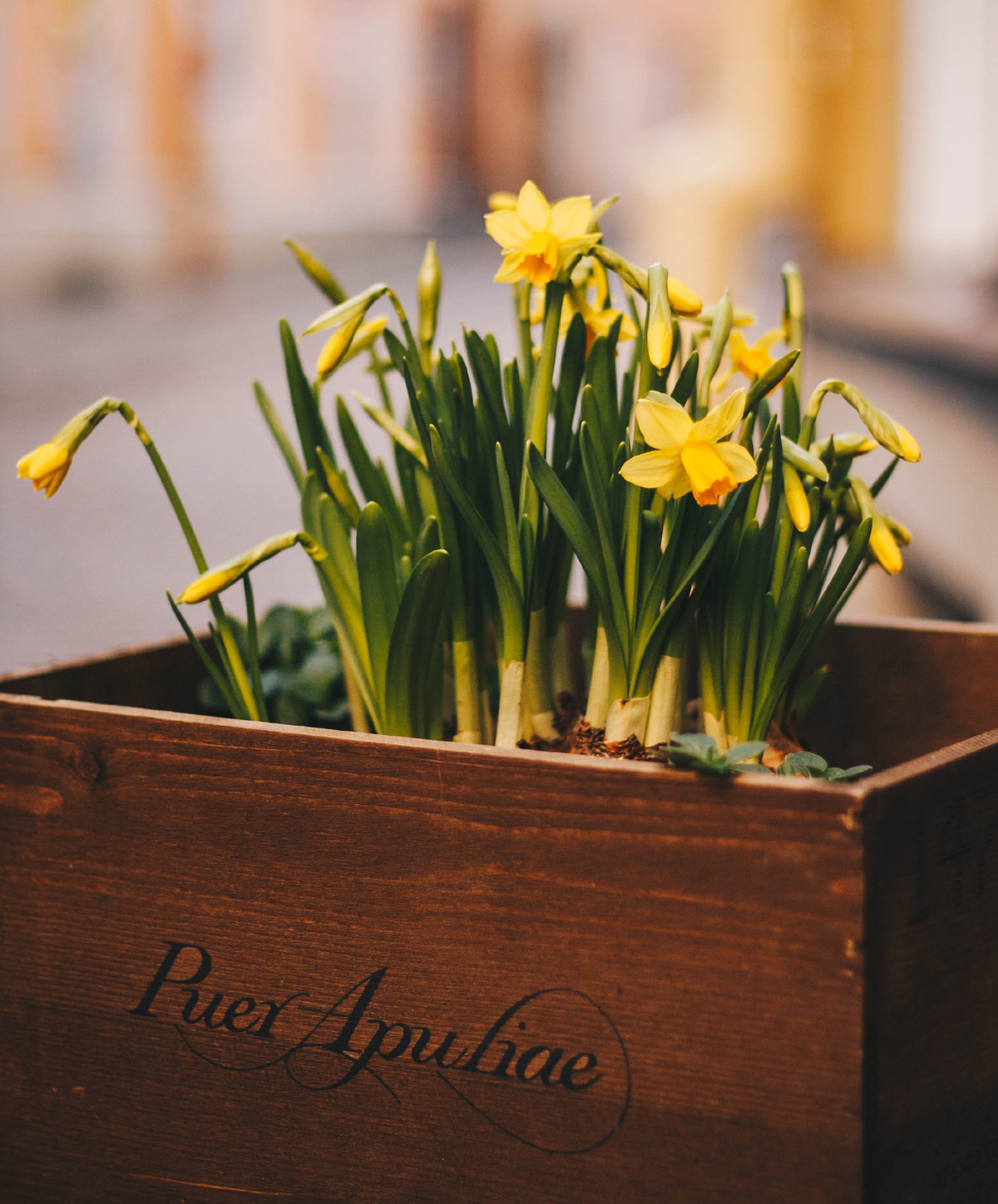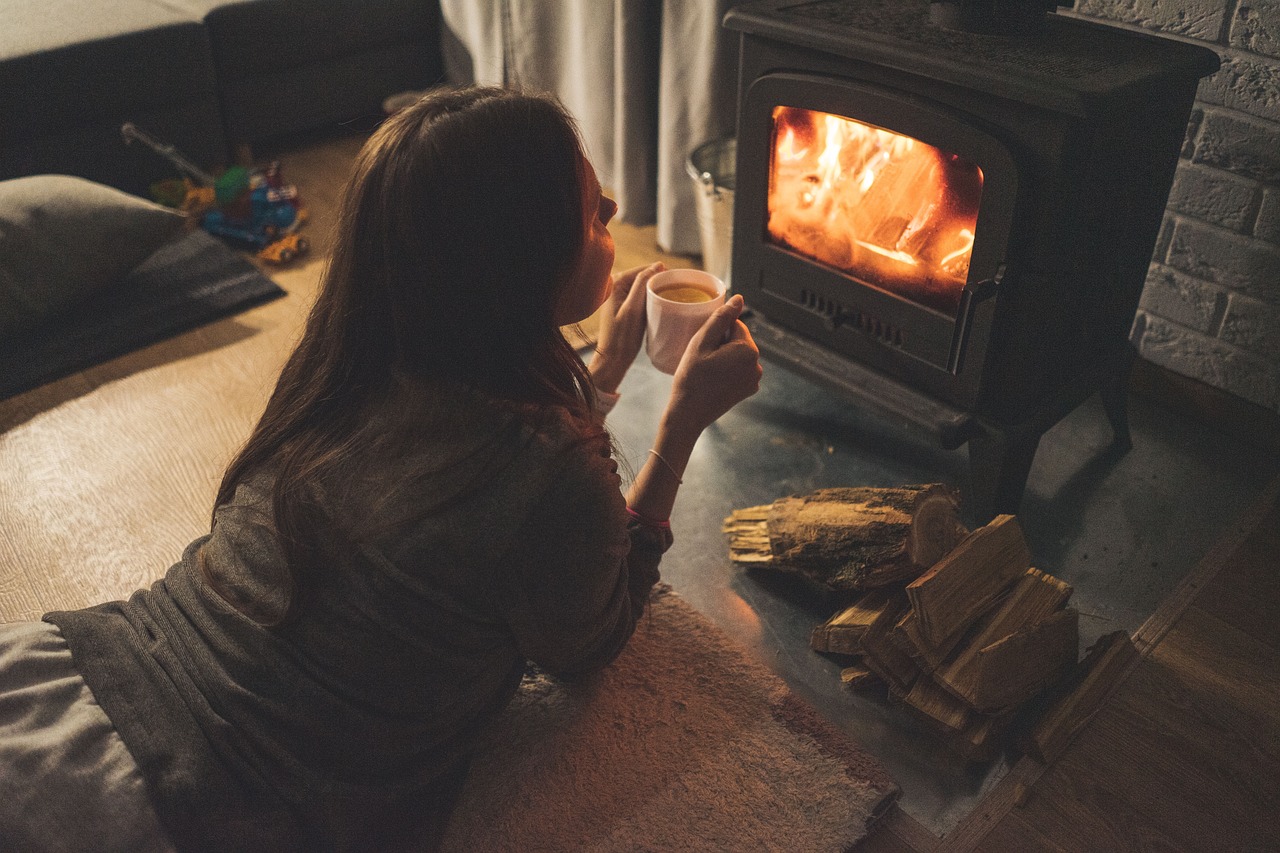6 Great Ways to Freshen The Air Naturally

The Truth About Air Fresheners. 4 Additives to Avoid and 6 Great Ways to Freshen The Air Naturally
A pleasant smelling home may seem like a very inviting place to be, but many spray and plug-in fragrance products add harmful chemicals to their “fresh scent.”
At the same time you are making your home smell like a spring garden, you could be adding many chemicals into the air you breathe.
Please note that the list below is just a partial list of the chemicals found in commercial air fresheners.
These unnatural substances can cause allergic reactions, trigger asthma attacks, irritate the lungs… and worse.
Benzylacetate:
Found in perfume, cologne, shampoo, fabric softener, stickup air fresheners, dishwashing liquid, detergent, soap, hairspray, bleach, after shave, and deodorants. It is a carcinogenic linked to pancreatic cancer. It can be absorbed through the skin causing systemic effects.
Benzyl Alcohol:
Found in perfume, cologne, soap, shampoo, nail enamel remover, air freshener, laundry bleach, detergent, Vaseline lotion, deodorants, and fabric softener. It can irritate the upper respiratory tract, cause headache, nausea, vomiting, dizziness, a drop in blood pressure, central nervous system depression, and death in severe cases due to respiratory failure.
Phthalates:
It is estimated that over 80% of air fresheners contain phthalates, which have been linked to hormone (particularly testosterone) disruption. The state of California lists several phthalates as chemicals known to cause birth defects or reproductive harm. Exposure has also been associated with allergic symptoms and asthma.
Naphthalene:
This chemical is derived from coal tar, exposure to naphthalene has been linked to the destruction of red blood cells, nausea, blood in the urine and jaundice.
Air fresheners combined with other aerosol and household cleaning products contribute to a complex mixture of chemicals, which can cause a build-up of VOCs (volatile organic compounds) within the home.
These chemicals don’t just disappear into thin air. They linger on in your home as they land on your furniture and floors, sink into your carpeting, and settle on your skin. Even though you may be using them in small quantities, they can build up over time. Is it worth the risk to you and your family and pets?
There is a better way. You can freshen the air in your home with items right from your kitchen cupboards.
White vinegar removes odors on surfaces and in the air, and it is a great cleaning product. Check out more uses of vinegar in your home.
Create your own spray air freshener by mixing essential oils in water. Both lemon and cedar work great to deodorize. Place a few drops in a spray bottle with pure water and mist the air.
Place open baking soda boxes in the kitchen and near the cat litter box.
Add cinnamon, cloves, bay leaves, or lemon rinds (or any combination you like) to a pot of water on the stove and heat enough to produce a light steam. This works great in the winter because it softens your skin, helps to keep your wood furniture from drying out, and makes the house smell lovely. Check it often to make sure it doesn’t simmer dry. You can add more water periodically as needed.
Burn essential oils in an aromatherapy diffuser.
Use soy or beeswax candles that are scented with essential plant oils to release pleasant fragrances. There are lots of links for buying natural candles and essential oils in the website listed at the bottom of this article.
Research has found that the air inside most homes and offices is at least twice as polluted as the outside air, so don’t forget to just open the windows and let that fresh air in.
The Author:
organic-eden








